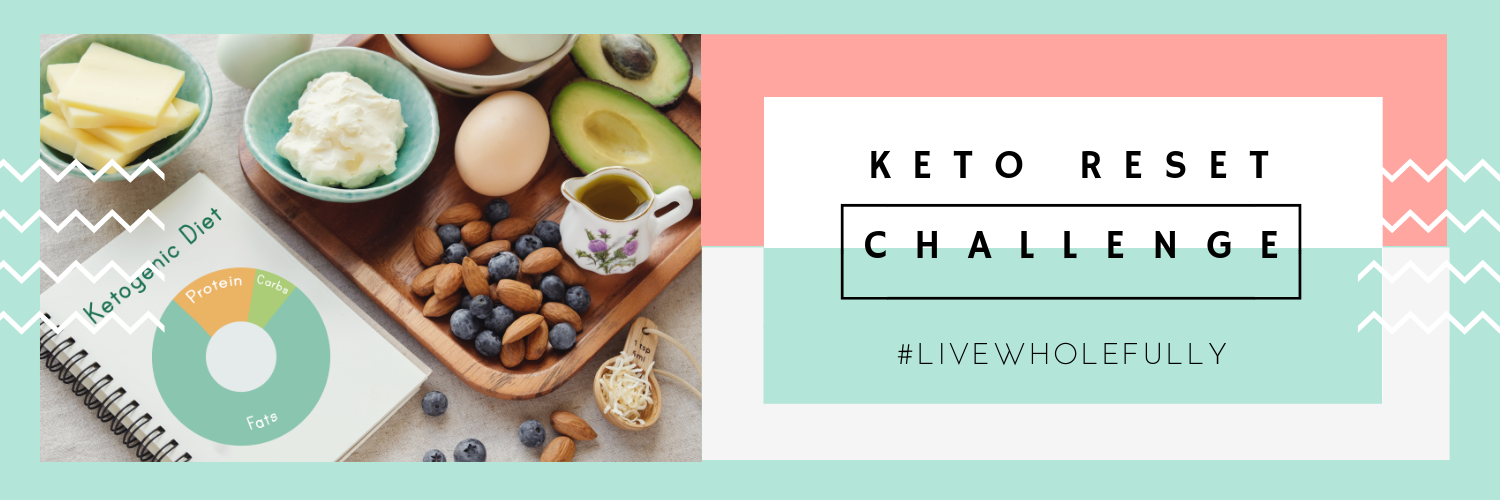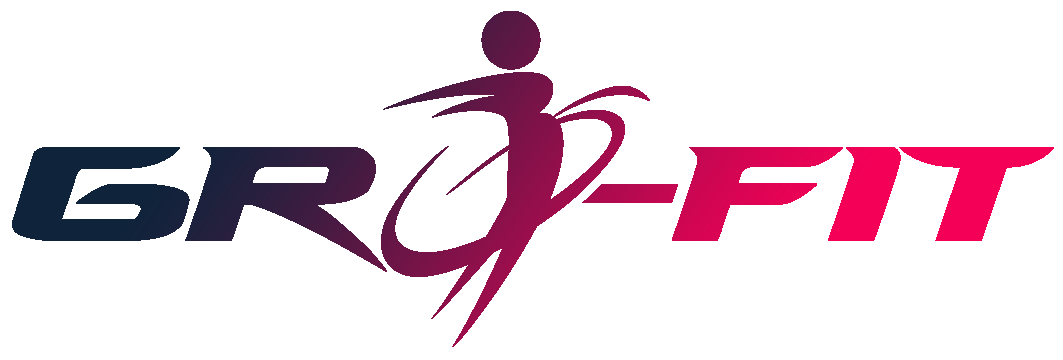Whether you are going strong with keto, need a reset, or are just starting out it’s always good for a “fat refresher”. When you are on a high-fat diet like keto it’s very important to a) make sure you are getting enough fat and b) know the difference between the different types of fats for health and energy reasons.

There three types of fats: saturated, unsaturated, and trans fats. Trans fats have no nutritional value and are harmful to your health so we won’t even talk about them. They’re often found in fried foods, processed snacks, and baked goods.
As for the good fats, there are some key differences.
Saturated Fats
Saturated fats are tightly packed and most are solid at room temperature. While you should be eating saturated fat on a keto diet it is important to be aware that a diet high in saturated fat may raise your LDL cholesterol levels and can raise your risk of heart disease and type 2 diabetes. Always consult your doctor if you plan on eating a high-fat diet.
Sources of saturated fat include:
- red meat
- some pork and chicken products
- dairy products including butter, shortening, and cheese
Unsaturated Fats
Unsaturated fats are loosely packed and they tend to be liquid at room temperature. They are can improve your health and come from plants. There are two main types of unsaturated fat: monounsaturated fats (MUFA) and polyunsaturated fats (PUFA). MUFAs can help improve your cholesterol levels and lower your risk of cardiovascular disease. It may also help you control your insulin levels and blood sugar. PUFAs help with muscle movement and blood clotting. Since your body doesn’t make polyunsaturated fats, you have to get them in your diet.
Sources of monounsaturated fat include:
- vegetable oils – olive, peanut, canola
- olives, avocados
- nuts and seeds
- fatty fish – sardines, tuna, salmon, trout, mackerel, and herring
- flax – ground, oil
- oil – non-hydrogenated soybean, corn, safflower, and sunflower
- walnuts
- seeds – sunflower, chia, hemp
Ok so now that our high school biology review is complete, let’s move on to what happens when you don’t have enough fat in your diet. Even if you are following the keto diet it can be hard to get all the fat that your body needs. Here are some symptoms and side effects you might experience if you’re not eating enough fat and what to eat to remedy the situation.
Hunger
If you’re eating, but you’re often still hungry, it could be because you’re not getting enough fat. Just like protein and fiber, fat provides satiety. If you’re on a keto diet and still feel hungry between meals indulge in a high-fat snack like a handful of nuts or seeds or a small salad loaded with avocado.
Dryness
Does your skin remind you of a lizards? Do your eyes feel like sandpaper? These symptoms are your body’s way of saying “Hey! I need some fat here!” Moisturizer and eye drops are just quick fixes in this case and you need to treat the problem from the inside. To keep your cells and skin happy you’ll need to up your intake of essential fatty acids and mono- and polyunsaturated fats. Sneak some chia or flax seeds into your meals. And put olive oil on everything.

Physical and Mental Fatigue
If you go back to Keto 101 you’ll remember that ketones are one of the few things that can cross the blood-brain barrier. This lets your brain get its energy right from the source instead of waiting for the body to break down carbs and sugar. If you are feeling lethargic or are having problems concentrating or feel an overall lack of mental energy you could be experiencing the effects of essential fatty acid deficiency. Enjoy salmon, tuna, and other fatty fish with some of your meals instead of red meat.
Cholesterol Issues
When it comes to cholesterol there are two numbers you should be concerned with: the levels of HDL and LDL. Healthy HDL levels protect against heart disease, whereas low levels have been shown to increase your risk of cardiovascular problems. If your doctor recommends you raise your HDL cholesterol number, try adding more good fats like nuts, fish, and other omega-3 rich foods.
Hormonal Issues
Dietary fat plays a very important role in hormone synthesis. If you are eating too little fat then the production of hormones throughout your body can be disrupted. One of the obvious signs of hormone disruption is the loss of your menstrual cycle. If you experience this you should consult your doctor right away. If you suspect that you have hormone issues due to your diet, talk to your doctor about running some tests and increase your fat intake by eating lots of fish, red meat, and full-fat dairy products.



